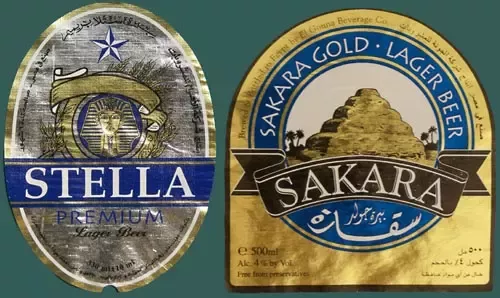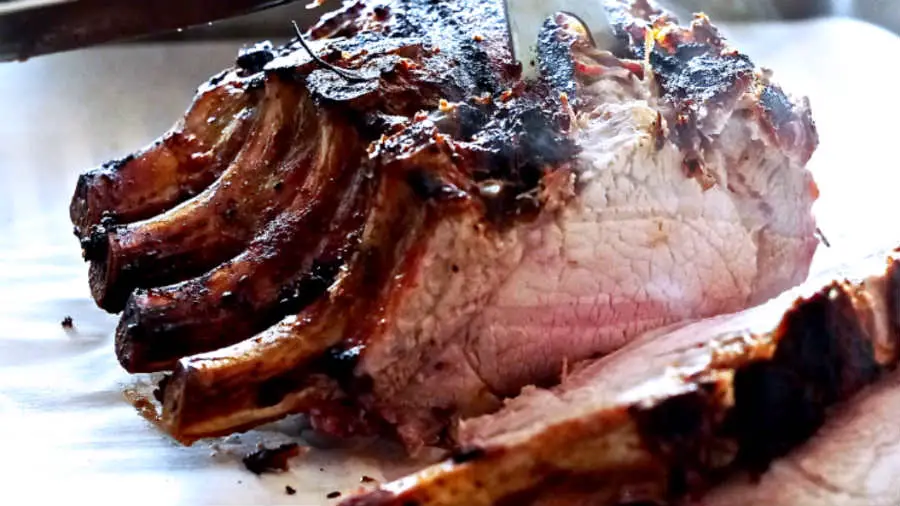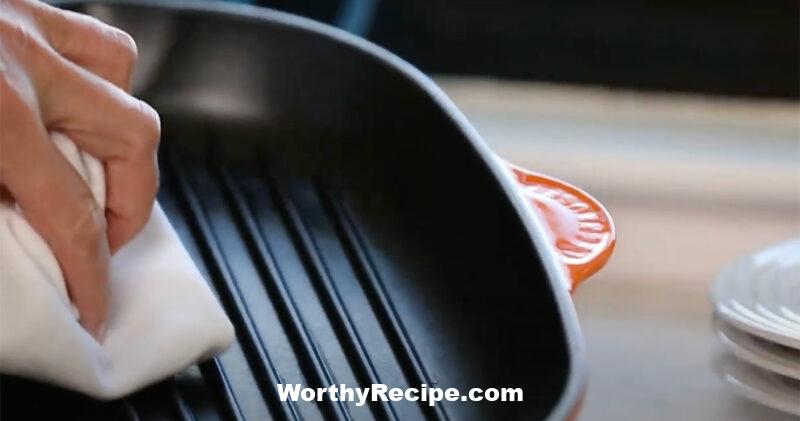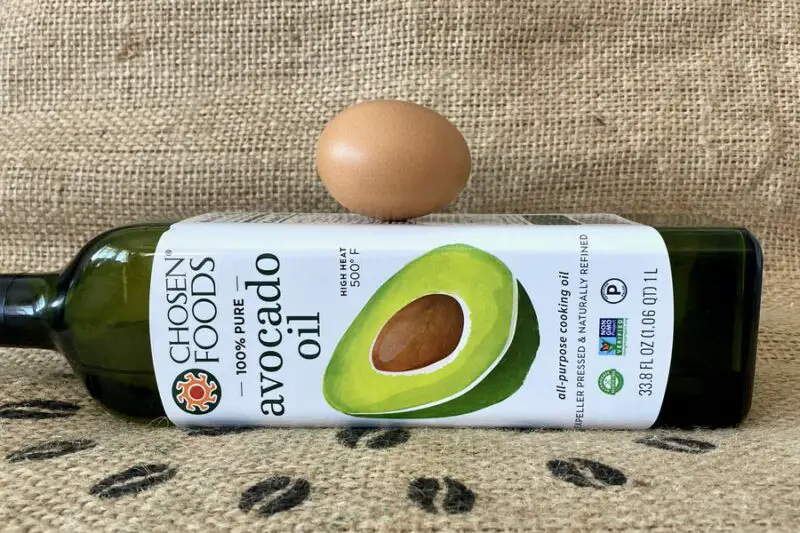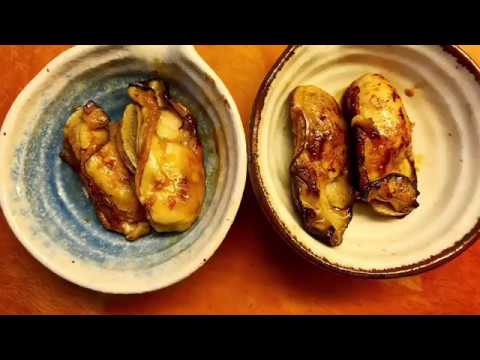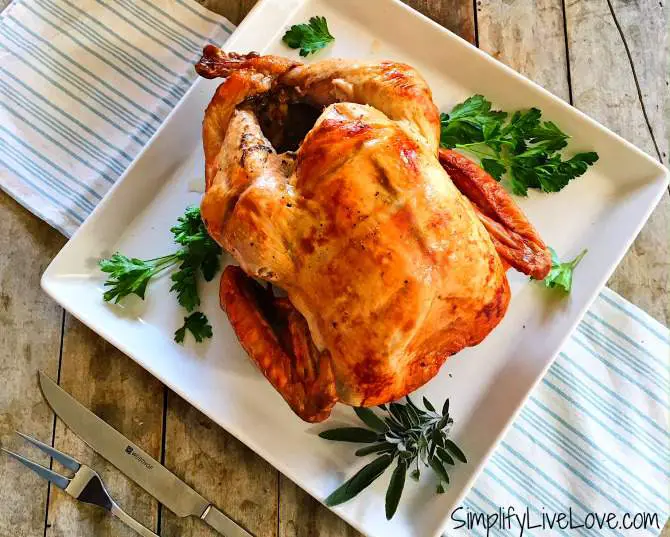Is it Haram to Eat Food Cooked with Wine?
Halal and haram are two significant concepts in Islam, which refer to what is permissible and forbidden for Muslims. Wine, which is made by fermenting grapes or other fruits, is considered haram because of its effect on the mind and body. However, wine is also commonly used as an ingredient in cooking, especially in Western cuisine. This raises the question of whether it is haram to eat food cooked with wine.
Understanding Wine and its Role in Cooking
Wine comes in different varieties, such as red, white, rose, and sparkling wine. In cooking, wine is mainly used as a flavoring agent to enhance the taste and aroma of the dish. The acidity of wine can also help tenderize meat and vegetables. Common dishes that use wine as an ingredient are Coq au Vin, Beef Bourguignon, and risotto.
One may ask then if consuming food cooked with wine makes it haram since it contains alcohol potentially. To answer this question properly, we must first delve into the Islamic perspective on wine.
Islamic Perspective on Wine
The Quran explicitly prohibits the consumption of alcoholic drinks. In Surah Al-Ma’idah (5:90-91), it states:
“O you who have believed! Intoxicants, gambling, [sacrificing on] stone alters [to other than Allah], and divining arrows are but defilement from the work of Satan, so avoid it that you may be successful. Satan only wants to cause between you animosity and hatred through intoxicants and gambling and to avert you from the remembrance of Allah and from prayer. So will you not desist?”
The hadiths, or sayings of Prophet Muhammad (SAW), also emphasize the prohibition of alcohol. One example is the narration by Ibn Umar:
“Allah’s Messenger (SAW) said, ‘Every intoxicant is Khamr and every intoxicant is forbidden. Whoever drinks wine, Allah will not accept prayer from him for forty days, but if he repents, Allah will accept his repentance. If he repeats it a third time, Allah will not accept prayer from him for forty days, and if he repents, Allah will accept his repentance. If he repeats it a fourth time, Allah will not accept prayer from him for forty days, and if he repents, Allah will accept his repentance. If he repeats it a fifth time, there is no repentance for him and he deserves punishment as a drinker of wine.”
Based on these Islamic teachings and rulings from Muslim jurists, consuming alcoholic drinks and anything that causes intoxication is strictly prohibited in Islam. The question then arises whether this applies to food cooked with wine.
The Debate: Arguments For and Against Eating Food Cooked with Wine
There are differing opinions among Islamic scholars regarding this issue. Some scholars argue that eating food cooked with wine is haram because it contains alcohol, even if the alcohol evaporates during cooking. Others contend that using wine as an ingredient in cooking does not make the food haram since it is consumed in small amounts and only serves as a flavor enhancer.
Arguments for eating food cooked with wine
- Wine is commonly used as a flavoring agent, and not for its intoxicating properties.
- Alcohol evaporates when cooked, leaving behind only the flavor.
Those who support the use of wine as an ingredient in cooking argue that alcohol mostly evaporates during the cooking process. They contend that the alcohol content in food cooked with wine is significantly less than that of alcoholic drinks and thus does not cause intoxication. Instead, wine enhances the flavor and aroma of dishes and gives them a unique taste that cannot be achieved with other ingredients.
Arguments against eating food cooked with wine
- Any amount of alcohol in food is haram.
- Cooking with wine promotes an alcohol culture and could lead to drinking.
Those who argue against eating food cooked with wine maintain that even though alcohol evaporates during cooking, any amount of it in food is still haram. They believe that Islam prohibits the consumption of anything that has been derived from haram means, which includes all forms of intoxicants. Moreover, they fear that allowing the use of wine as an ingredient in cooking may promote an alcohol culture and eventually lead to drinking among Muslims who are not well-informed about Islamic teachings.
Alternatives to Cooking with Wine
There are various alternatives to using wine in cooking to achieve similar flavors:
- Vinegar: Similar acidity can be obtained by using vinegar, especially in marinades and dressings.
- Fruit juice: Citrus juices like lemon, orange, or lime, or non-citrus juices like pomegranate, apple, and grape juice can be used instead of wine.
- Broth: Broth made from vegetables or meat can also add depth and richness to dishes like stews and sauces.
Summary of the Issue from Various Muslim Scholars’ Perspectives
Regarding this issue, Imam Abu Hanifah, Imam Malik, and Imam Shafi’i believe that using wine as an ingredient in cooking is haram. However, Imam Ahmad believes that it is halal. Several contemporary scholars have also tackled this question with varying opinions.
When it comes to the Shia school of thought, Ayatollah Sistani and Ayatollah Khamenei believe that the use of alcohol in cooking is prohibited. However, Ayatollah Tabrizi and a few others believe that it is permissible if the alcohol content is less than 0.5%.
Examples from Muslim Countries on Cooking without Wine
In Muslim countries where alcohol consumption is prohibited, dishes are typically prepared without the use of wine or any alcoholic drink. For instance, in Middle Eastern cuisine, spices like cumin, coriander, turmeric, and saffron are commonly used to flavor food instead of wine or alcoholic drinks. In Turkish cuisine, yogurt and lemon juice are often used instead of wine for marinades and dressings.
Practical Implications for Muslims Living in Non-Muslim Countries
Muslims living in non-Muslim countries may find it challenging to identify halal foods when dining out or attending social gatherings. It is essential to learn about halal alternatives and make informed choices when consuming food cooked with wine or any type of alcohol.
When dining out at a Western restaurant that uses wine in its recipes or offers alcoholic beverages, Muslims can ask for vegetarian or seafood dishes that do not contain wine. Moreover, attending non-Muslim gatherings may require Muslims to politely decline dishes cooked with wine or suggest a non-alcoholic alternative like sparkling water or fruit juice instead.
Conclusion: Final Thoughts on Eating Food Cooked with Wine
To sum up, the use of wine in cooking poses a dilemma for Muslims, and opinions on the matter vary among Islamic scholars. While some believe that it is permissible to eat food cooked with wine if alcohol has evaporated during cooking, others contend that any amount of alcohol in food is haram. Muslims living in non-Muslim countries should learn about halal alternatives and make informed choices when consuming food cooked with wine or any type of alcohol. Ultimately, one’s decision on this issue may depend on several factors, including personal tolerance, cultural influences, and medical considerations.
Q: Can eating food cooked with wine be considered haram?
A: According to Islamic law, consumption of alcohol is strictly prohibited. However, when wine is used in cooking, the alcohol content evaporates, leaving behind only the flavors and aroma of the wine. Therefore, if there is no residual alcohol present in the dish, it is not considered haram.
Q: How can I ensure that I am not consuming any alcohol in a dish that has been cooked with wine?
A: It is always best to inquire about the cooking process and ingredients used when dining out or at an event. If cooking at home, make sure to let the dish simmer for at least 20 minutes after adding the wine. This will give enough time for the alcohol to evaporate. Alternatively, you can substitute white grape juice or apple cider vinegar for wine while cooking.
Q: What are some popular dishes that are traditionally cooked with wine?
A: Wine is often used to add depth and flavor to dishes like Beef Bourguignon and Coq au Vin in French cuisine, Osso Bucco in Italian cuisine, and Spanish classics like Paella and Gambas al Ajillo.
Q: Is it possible to enjoy traditional dishes that call for wine without compromising my beliefs?
A: Yes, absolutely! As mentioned before, substituting wine with non-alcoholic options or finding alternative dishes that do not require any form of alcohol is a great way to still enjoy delicious meals while adhering to personal values. In addition, many restaurants and chefs are now catering to halal dietary restrictions by offering unique alternatives or omitting certain ingredients altogether.
